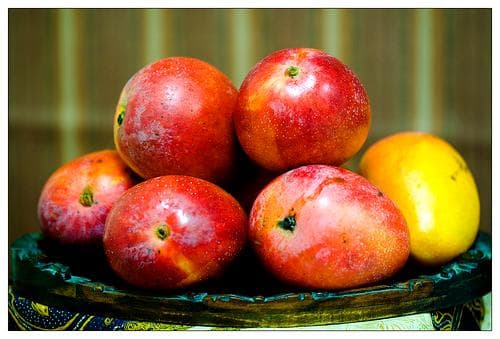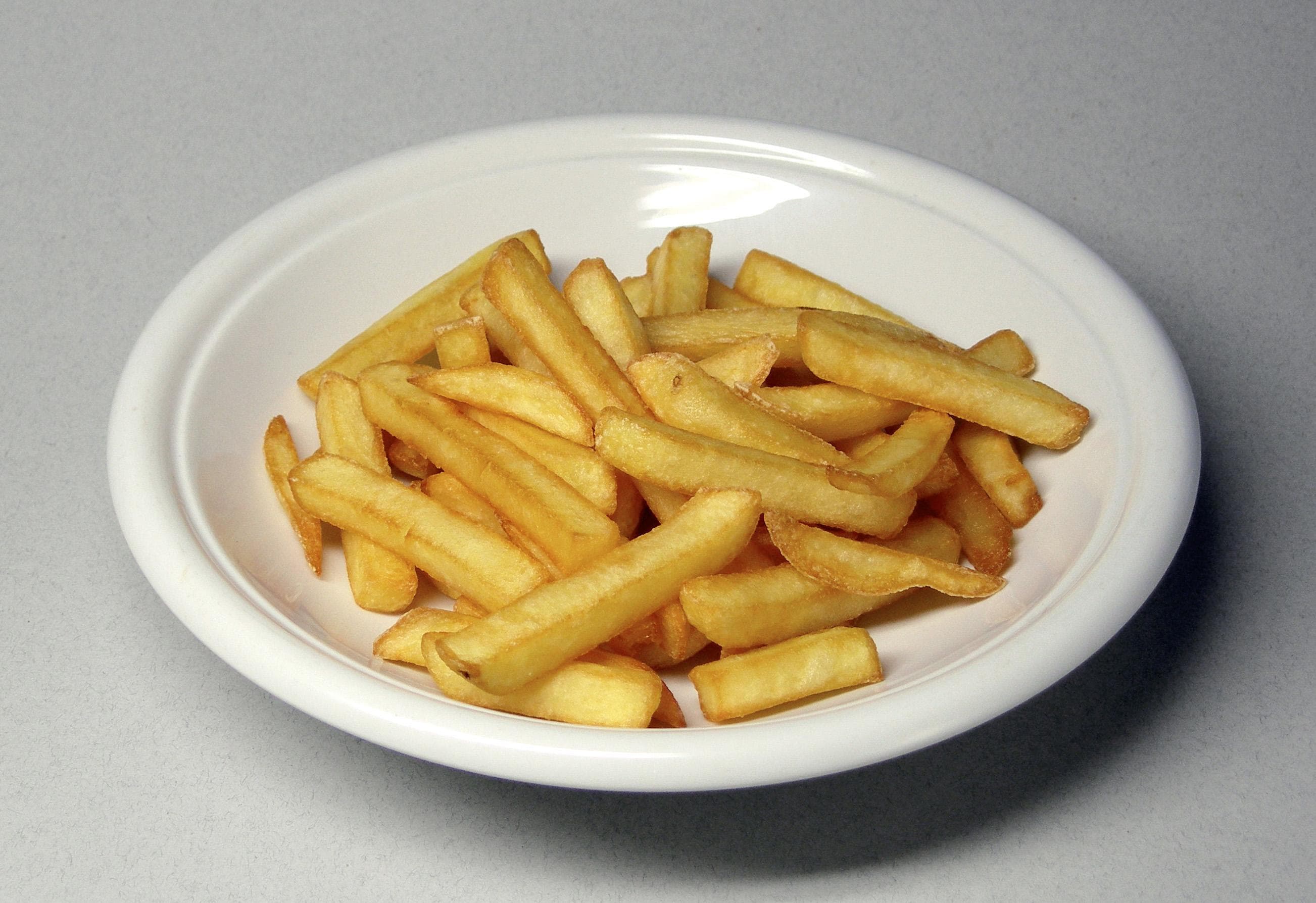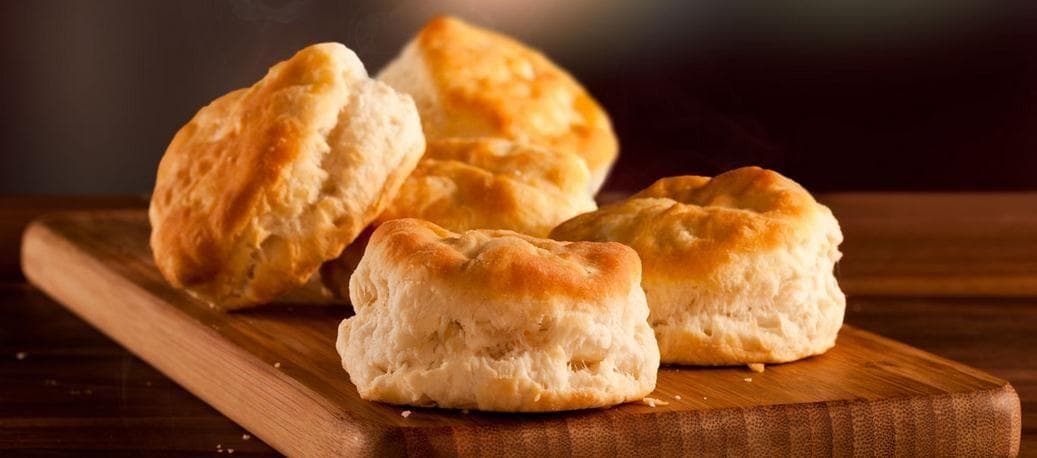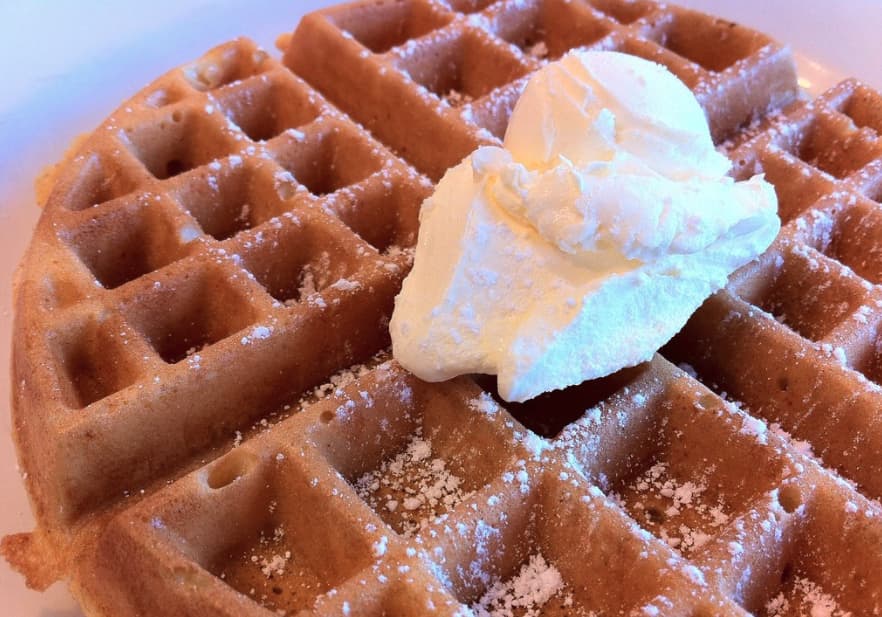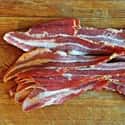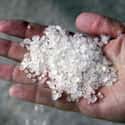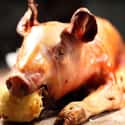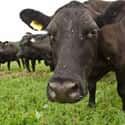-
(#6) Lard
If you're going to arm a militia, you should probably give them ammunition they can use. Such was the problem that caused The Indian Rebellion of 1857, also known as the Indian Mutiny and the Sepoy Mutiny. There were several causes to the uprising, including the distribution of rifle cartridges that had to be bitten open to Muslim and Hindu soldiers under the employ of the British Empire.
Not a big deal, right? Except, as it turns out, these cartridges were smeared in grease from cows and pigs, which cannot be eaten by Muslims or Hindus. Or at least, that was the rumor. And the rumor fueled suspicion that the British were out to undermine local culture and customs. Soldiers refused to bite the cartridges, the British punished them, and they rebelled. -
(#7) Salt
In 1482, there began a war in Italy called the War of Ferrara, also known as the Salt War. There have been several salt wars throughout history, but this one takes the cake. The salt cake? Is that a thing?
The War of Ferrara was fought over the trade of salt, which was restricted to Venice as per a commercial pact. A man named Ercole violated this pact by selling salt in Ferrara. Pope Sixtus IV was a little ticked off about that and, along with his Venetian allies, declared war on Ercole. The war ended when Ercole negotiated a treaty with the Venetians, without assistance from Sixtus. The Pope was so furious he died of heart failure. -
(#3) Suckling pig
In truth, the Pig War was fought over a pig and some potatoes. In the 1850s, an uneasy truce existed between American and British inhabitants of a group of islands caught between the coasts of Canada and Washington. The confused border between Canada and the US made it difficult to determine exactly who belonged where.
Tensions boiled over in June, 1859, when British pig wandered onto an American farm and ate some potatoes. In a fit of rage, the farmer shot the pig. The pig owner had the farmer arrested. An American commander who hated Brits got wind of this and sent an infantry company to the island. The British responded by sending war ships. No one died and the military tension was soon diffused, but an arrangement on the division of territory was not reached until 1872.
The best bit of the whole war is the following exchange, between Cutlar, the American farmer, and Griffin, the British pig owner.
Cultar: …but it was eating my potatoes!
Griffin: Rubbish. It’s up to you to keep your potatoes out of my pig. -
(#8) Beef
In 1854, there was a moment of peace between white immigrant settlers, many of whom were Mormon, and the indigenous Sioux tribe in the Nebraska Territory. The peace was not to last.
In what is now Wyoming, a beef cow belonging to Mormon travelers wandered too far from the herd and was killed by a local native. The American response was devastating overkill. Soldiers went to arrest the Sioux responsible and ended up killing the tribe's chief. In retaliation, the tribe killed 27 soldiers, an act the press called a massacre. The Sioux Wars ensued, all because a Mormon couldn't control some cows. -
(#11) Rice
In 1945, a devastating rice famine in Vietnam resulted in the deaths of as many as 2 million people. The famine was caused by lingering effects of World War II, natural disasters, and French and Japanese occupation. Rice was poorly distributed and transported, and taxed severely. Local Vietnamese rebels, the Viet Minh, decided to take action. They encouraged the ransacking of rice warehouses and refusal to pay taxes. This eventually lead to a full-scale Indochina War. -
(#5) Bread
When your people are hungry because they don't have food, what's a ruler to do? If you're a Roman ruler, you go take food. In particular, you take it from someone who has a lot of it, namely, Egypt.
Around 30 BCE, Cleopatra died and Egypt was ripe for the taking. The Romans did exactly that, conquering the kingdom and using it as a means of getting grain and bread for centuries. The area was even called "The Breadbasket" because of its wealth of grain.
New Random Displays Display All By Ranking
About This Tool
Whether it is a civilized country or the oldest society known to anthropology, food is at the core of war or aggressive behavior. Soldiers not only need food to survive, but they also need to maintain or strengthen their confidence through food. Food can be an incentive for war. Many archaeologists and ethnologists believe that the period of intense war is related to food shortages. Food can also become a subsidiary product of war, such as canned food.
Have you ever learn about the relationship between war and food? Many human conflicts are caused by food. Whether it is because of a shortage of food supply in a country, or a stray pig attacked an enemy’s plantation, these can all be the beginning of a war. You could find more information with the tool.
Our data comes from Ranker, If you want to participate in the ranking of items displayed on this page, please click here.

